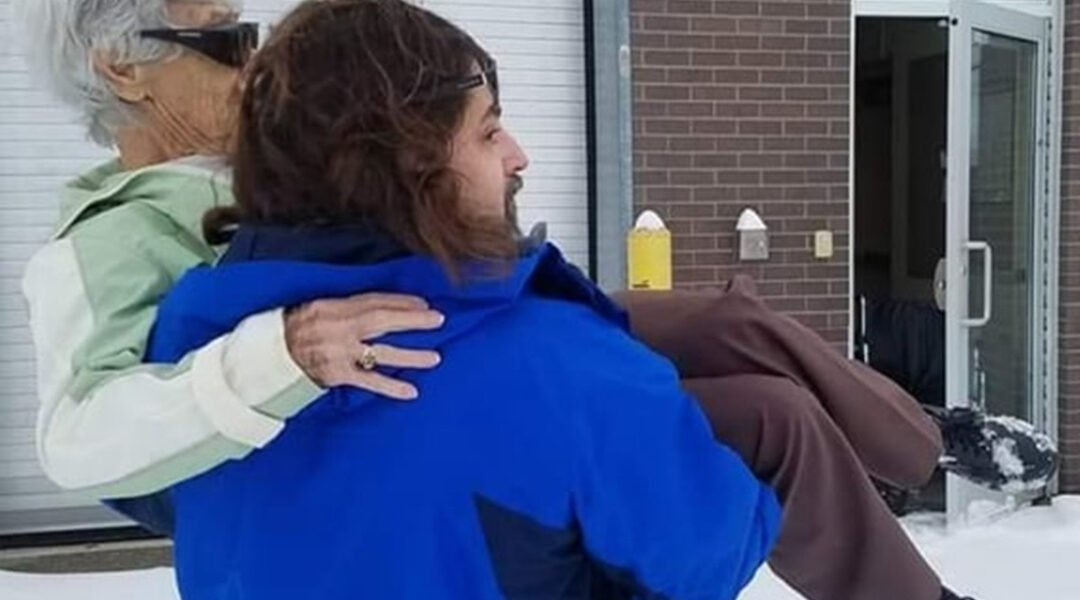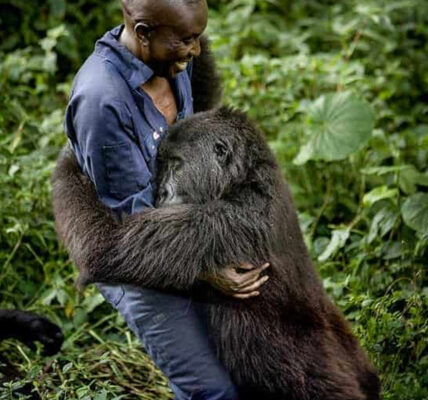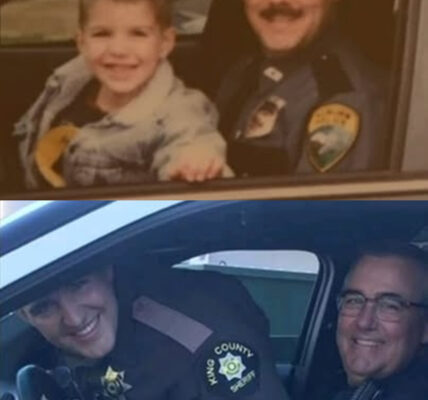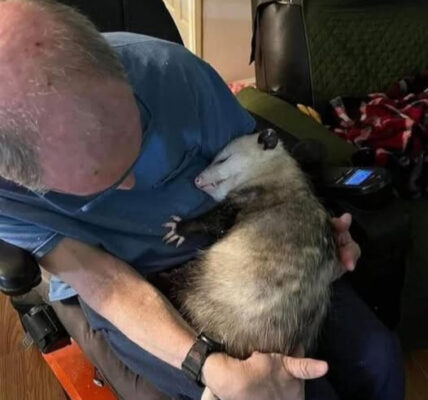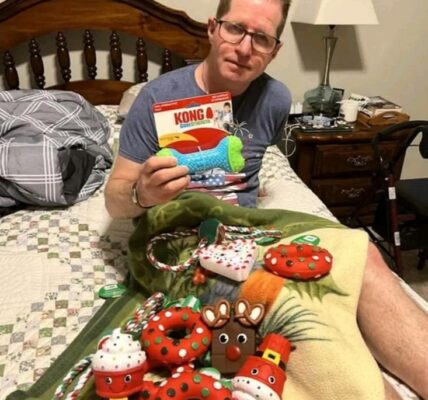
For families living with wet macular degeneration, time is everything. Every four weeks, without fail, patients must receive injections to keep their fragile vision alive. Miss a dose, and the consequences can be devastating: bleeding in the eye, irreversible blindness, the closing of a window to the world.
For one family, that window nearly closed just days before Christmas.
A woman who had already lost sight in her left eye due to a missed treatment found herself hospitalized for three days, unable to make her crucial appointment. By the time she was discharged, she had already gone past her scheduled injection. With her right eye now at risk, her daughter feared the worst.
Then came a miracle wrapped not in lights or ribbons, but in compassion.
Dr. Yosef Gindzin of Grand Rapids Ophthalmology heard about her case. He knew what was at stake. So on a Saturday—when his office was closed, when most doctors would be home with family—he unlocked the doors of his practice.
He was there for one patient. One eye. One chance to save her vision.
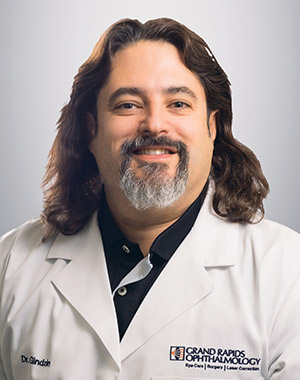
But the challenges weren’t over yet. The parking lot, unplowed on weekends, was buried under snow. The woman’s wheelchair couldn’t roll through. Without hesitation, Dr. Gindzin bent down, lifted her into his arms, and carried her across the icy ground. He didn’t just carry her body that day—he carried her hope.
Inside, he prepared the injections that would preserve what sight she still had. The procedure was done quietly, gently, with the urgency of someone who understood that seeing Christmas lights sparkle in a window, or the smile of a loved one across the table, is not a luxury—it is everything.
Her daughter later wrote: “What an amazing and compassionate man. Because of him, my mom will be able to see the magic of Christmas. Thank you, Dr. Gindzin, for the best gift EVER!”
We live in a world where medical care often feels cold, rushed, transactional. Yet moments like this remind us of what medicine is supposed to be: humanity meeting science, kindness carrying weight that machines never can.

Dr. Gindzin could have said it was too late. He could have told the family to wait until Monday. Instead, he chose to open his office, to walk through the snow, to lift a woman into his arms, and to give her the priceless gift of sight.
Because of him, one mother will see her Christmas tree twinkle, will watch her grandchildren unwrap gifts, will hold onto the little everyday miracles that only sight can give.
And because of him, her family will never forget that the greatest gifts don’t come wrapped under the tree—they come from people who choose compassion when it matters most.
